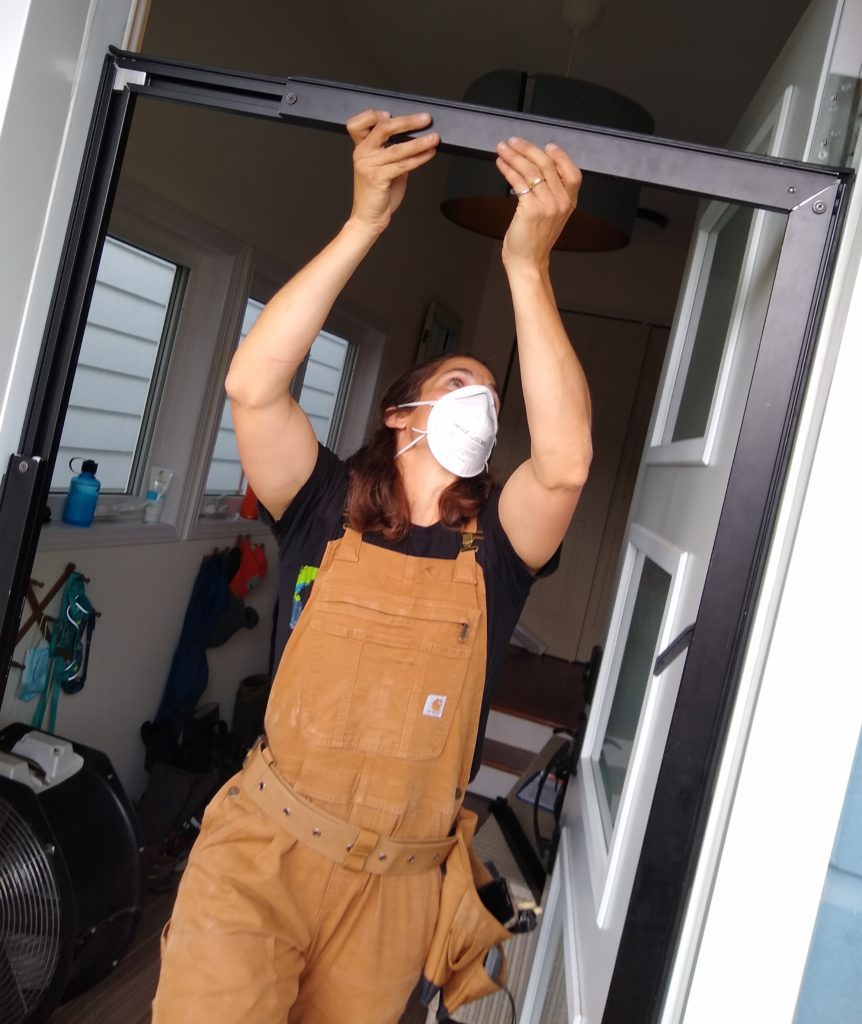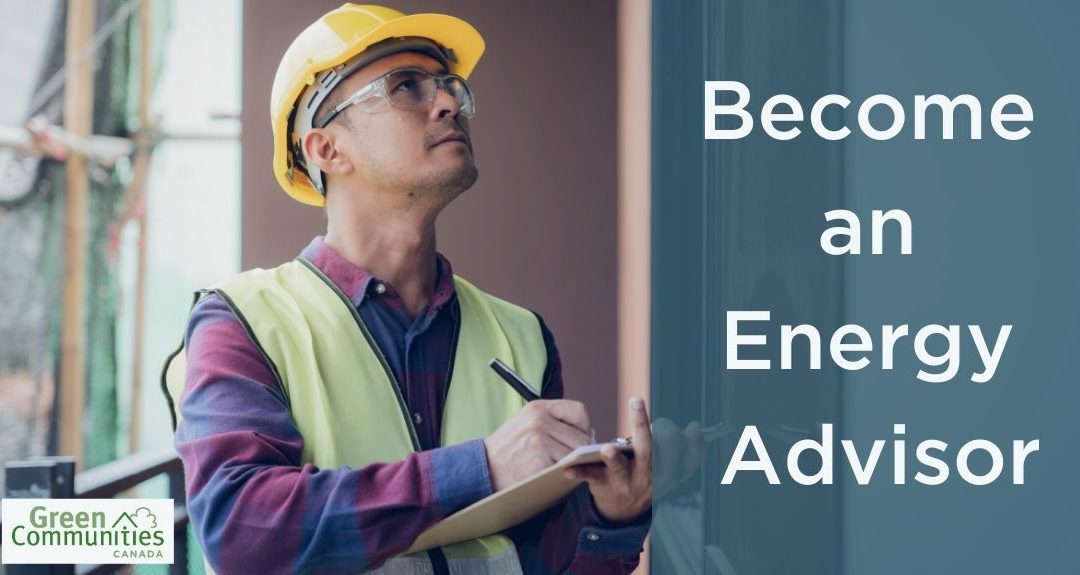We can support a just transition for workers in unsustainable energy industries as well as help Canadians access home energy evaluation services at the same time —by training and equipping more professionals to become Energy Advisors (EA).
Why Canada Needs More Energy Advisors
The role of energy advisors in global climate action is much more significant than one might think. Energy consumption—and thus, energy generation—accounts for over two-thirds of global greenhouse gas-emissions in 2020, as reported by the Intergovernmental Panel on Climate Change (IPCC) and the International Energy Agency (IEA).
As it stands, residential energy-efficiency measures—if adopted widely—can significantly reduce the need for the construction of new, and expensive, energy-generation plants, and help shift towards more localized and efficient methods of energy generation, transportation, and consumption. To do our utmost to combat global warming, performing energy evaluations on homes in Canada is a significant step.
Currently, many homes in Canada leak conditioned air, needlessly increasing the amount of energy that our communities consume. This increased consumption taps into our natural gas power plants which results in the burning and releasing of heat-trapping greenhouse-gases into our already carbon-concentrated atmosphere.
This is where we need Energy Advisors. A Natural Resources Canada (NRCan)-registered Energy Advisor inspects homes from basement to attic using the EnerGuide Rating System to assess the efficiency of its energy use and building envelope. This helps prevent energy loss, and aids customers reduce energy usage and in turn save on home energy bills.
Right now, there is a marked shortage of qualified Energy Advisors needed to fulfill the national demand for evaluation and retrofitting of existing homes and buildings that waste the energy we produce. The demand for Energy Advisors will only grow as more residents and homeowners work from home and costs of living go up, resulting in increases in energy costs. This rising demand also prompted the Federal Government to announce support for the creation of more Energy Advisor jobs so as to help provide access to timely EnerGuide evaluations for all Canadians.
With more energy advisors in Canada, we can get closer to reaching national emissions-reduction targets and help forestall international climate catastrophes.
The Benefits of becoming an Energy Advisor with Green Communities Canada
Green Communities Canada (GCC) has been supporting energy evaluation programs longer than any other Service Organization in Canada. GCC has successfully trained over 200 Energy Advisors till date, and our commitment to climate justice ensures that our Energy Advisors have the skills to achieve exceptional results and provide excellent customer service.
Prospective Energy Advisors have to connect with a local member organizations within our Green Community network as a first step, as EAs who undergo training with Green Communities Canada are sponsored by these organizations. Our associate organizations are community-based environmental non-profits who work for the betterment of their local communities. After completing your training, you will be directly employed or contracted by your local Green Community organization. 
After connecting with one of our member offices, the next step is to complete the Registered Energy Advisor Foundation Exam, provided by NRCan. This exam tests your knowledge on the basics of housing construction, energy efficiency, and building science. GCC provides a list of resources to help prepare for the exam. The exam can be written online or at a local exam centre. Candidates can register, pay the exam fee, and book an exam date all through NRCan’s website.
After passing the Energy Advisor Foundation Exam, a candidate will be eligible to register for GCC’s Energy Advisor Training Course. This two-week intensive course is split into two parts. The first half consists of four days of classroom learning on topics such as the EnerGuide Rating System, Heating, ventilation, and air conditioning (HVAC), consultation, blower-door testing, EnerGuide procedures, and digital home energy modelling.
After successfully completing the classroom-segment, the candidates will progress to the second half of the course: in-field training & hands-on mentorship. Trainees will build important real-life experience over the course of six days, at which point they will be expected to perform probationary practice evaluations of real homes under the direct tutelage and mentorship of their trainer.
This intensive training approach is highly effective in preparing candidates for the final Energy Advisor Certification Exam. The full cost of GCC’s training course is $2,500 and includes the cost of necessary tools and equipment that you will be using during the course and after successful certification. This price is highly competitive with other advisor training institutions, and we are committed to working with candidates to find opportunities to access training subsidies and grants.
After completing GCC’s two-week training course, the last step is to pay, book, and undergo NRCan’s Energy Advisor Certification Exam. After successfully passing the exam, you will join the Green Communities Canada family of advisors who have a wealth of knowledge, experience, and environmental passion to help you succeed in your new career.
We understand that the cost of training can be a barrier for some and we are committed to creating good jobs for people from under-represented groups, including Indigenous and racialized individuals, those who identify as LGBTQ+, and ones living in remote communities. Supports may be available to reduce barriers to participation. Please contact us for more information or discuss funding options with your local Green Community organization.

Recent Comments